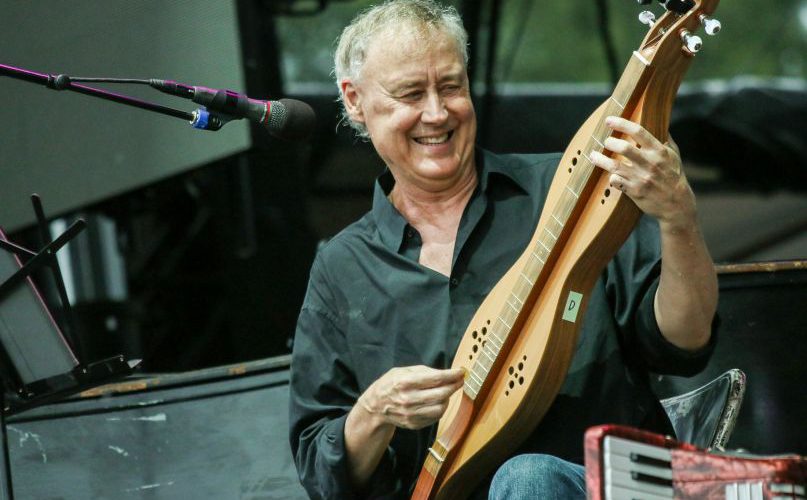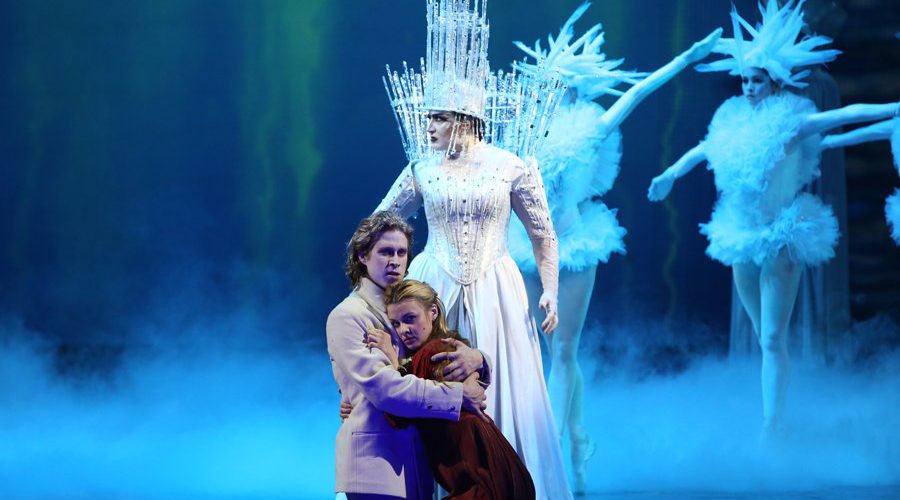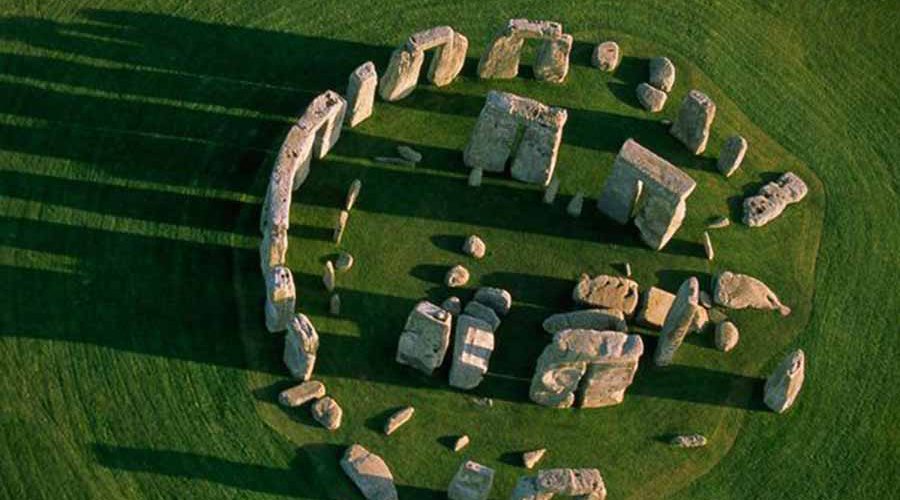Pyotr Tchaikovsky, a genius in music, proclaims in his works the unconditional triumph of good over evil
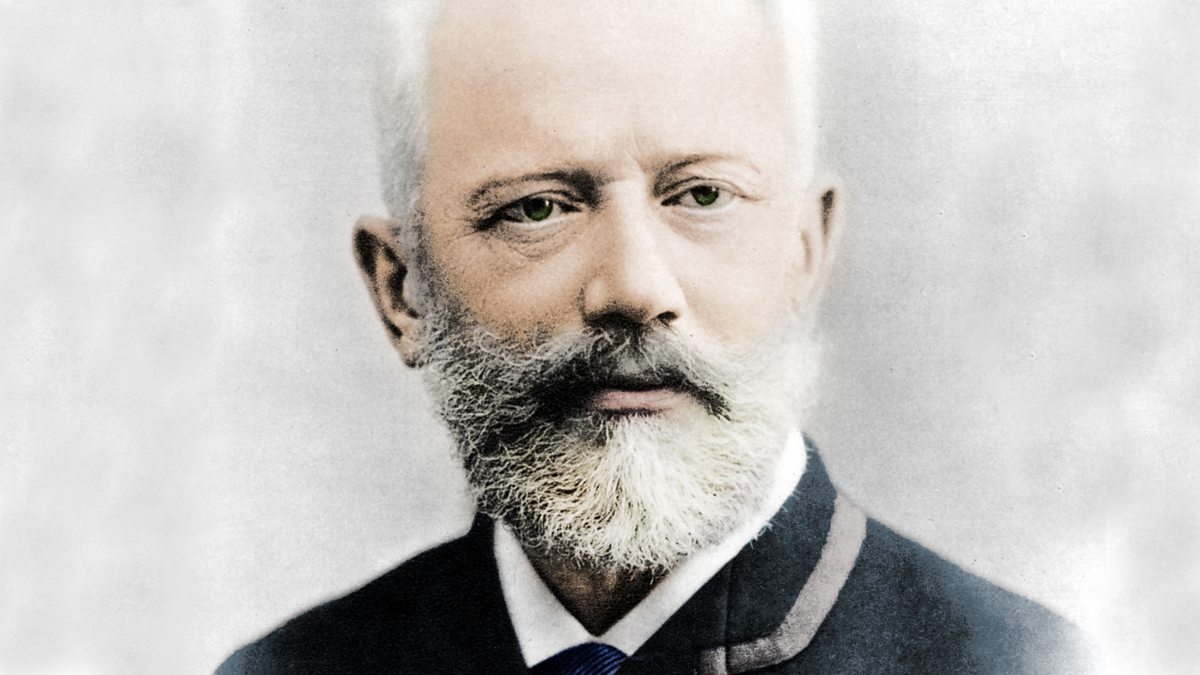
“Our love for Tchaikovsky from century to century and from generation to generation is what makes his magnificent music eternal.” (Dmitri Shostakovich)
The musical legacy of Pyotr Ilyich Tchaikovsky is the invaluable treasury given to humanity. It is the priceless pearl of world and Russian national culture. His music is timeless. It descended from eternity and is being constantly renewed as everything that belongs to eternity.
Tchaikovsky’s music is archetypical and universal. it opens the mysterious gates to the heavenly world of wisdom, kindness, light and joy that miraculously manifest on the Earth. His music sparkles and shines with all the lights and colors of the universum.
Tchaikovsky’s music permeates our life. It has become an integral part of our being. His music is dissolved in the air, in the murmur of streams, in the rays of sunlight, and in the buzzing of bees. It can be heard in the ringing laughter of children and in the mournful sigh of a distressed old man.

His music is closely connected with folk melodies and with all musical genres. It is really international and does not belong to any nation or epoch.
Tchaikovsky’s works cover practically all musical forms, with an emphasis on the largest and most expressive musical compositions – operas and symphonies. They most fully and vividly convey the inner world of the composer, the deep feelings of his soul, show the sharp drama of his life. Another distinguishing feature of his music is deep lyricism, conveyed through the beauty of the melody. All this evokes an immediate heartfelt response in the listeners’ heart.
Through musical images, he reveals the eternal battle between good and evil on the universal scale and shows that good unconditionally triumphs over evil.
“I hope with all my heart, that my music will spread so far that will reach all those who love it and find consolation and encouragement in it.” (P. Tchaikovsky)
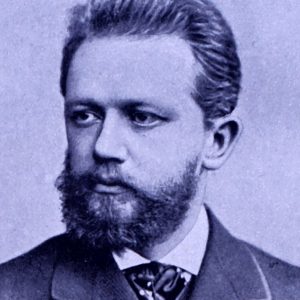
There is no need to add anything to his words which so simply explain the meaning and purpose of his music: to bring consolation and encouragement to people. His wish and dream have come true. People find in his music consolation, encouragement and even more – the meaning and the purpose of life on the earth.
Some of Tchaikovsky’s world famous ballets and operas
Swan Lake (1876)
In 1876 he completed his famous ballet Swan Lake, which tells the story of Odette, a princess turned into a swan by an evil sorcerer’s curse. It is believed that Tchaikovsky was inspired by a visit to Bavaria, where the composer saw the famous Neuschwanstein – the “swan castle” of King Ludwig II. The scenery for classical performances still depicts a Gothic castle in the mountains.
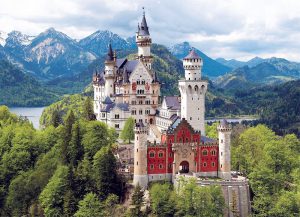
In the history of ballet, the score for Swan Lake is revolutionary. Tchaikovsky wrote music rhythmically comfortable for dancing. But usual rustic melodies and unpretentious divertissements were replaced by high poetic generalizations and cross-cutting lyrical themes, which allowed to create a new approach to choreography.
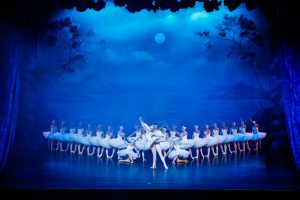
Swan Lake has become one of the most frequently staged ballets of all time. But at its premiere, Tchaikovsky endured the ire of critics, who panned the ballet’s music as too complex and too ‘noisy’.
Sleeping Beauty (1890)
In 1870 Tchaikovsky finished his ballet Sleeping Beauty. It is a classic fairy tale about a princess who is cursed by an evil fairy to sleep for a hundred years. But a handsome prince will awaken her by his kiss of love. The kind fairy, understanding that the princess will be frightened if alone when she awakes, uses her wand to put every living person and animal in the palace asleep. But they will awaken together with the princess.
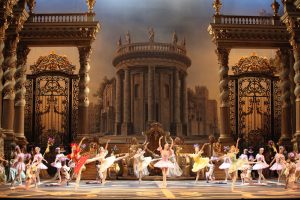
The fairy tale has a happy end: the evil spells are dispelled, peace and good triumph. The fairy tale shows the power of love. The soul sleeps without love. And only having felt the power of love, a soul wakes up from her sleep of indifference and becomes ready to give the world kindness and joy. In other words, to fulfill her divine mission with which she came from eternity, from heavens.
The Nutcracker (1892)
The Nutcracker is his last ballet. Tchaikovsky raises there the same theme as in Swan Lake and Sleeping Beauty – the power of love overcomes and defeats evil. The composer continues to symphonize music, to enrich it with all possible expressive means. In The Nutcracker, there is a surprisingly natural fusion of expressiveness and picturesqueness, theatricality and deepest psychologism.
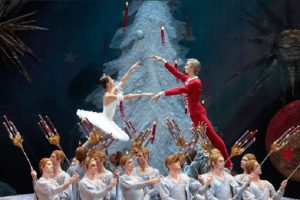
True connoisseurs of music highly praised Tchaikovsky’s masterpiece.
Critic Boris Asafiev wrote about it: “The Nutcracker is the most perfect artistic phenomenon, a symphony about childhood. It is about the time when childhood is at a turning point. When the hopes of a still unknown youth begin to worry adolescents. When dreams draw thoughts and feelings forward, and the unconscious draws into yet anticipated life. As if the walls of a children’s room are moving apart and the thought-dream of the heroine and the hero breaks out into a fresh space – into the forest, nature, towards the winds, blizzards, to the stars and into the pink sea of hopes.”
Eugene Onegin (1879)
Eugene Onegin is rightfully considered one of the best operas. The poem of the greatest Russian poet Pushkin naturally harmonizes with Tchaikovsky’s music that carries deep lyricism and drama. Through the melodies, the talented composer showed the best national traits of the Russian character, conveyed the loftiness of the heroine’s feelings.
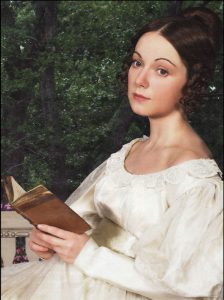
Tchaikovsky wrote his opera based on the plot of the book by Pushkin “Eugene Onegin”, on the advice of the singer E.A. Lavrovskaya. At first, the idea seemed ridiculous to him. But over time, the composer became so carried away by the novel that in just one night he created the plot of his opera and began to write music. Pushkin’s knowledge of life and his subtle mental organization delighted Tchaikovsky. The composer called the book “Eugene Onegin” “saint.”

For Tchaikovsky, “Eugene Onegin” is the embodiment of an ideal intimate and powerful drama. And the author was very worried about the future fate of his work. Wanting to achieve spontaneity and innocence of the performance, the composer entrusted the roles to students of the Moscow Conservatory.
After the triumphal premieres at the Bolshoi Moscow Theater and the Maryinsky St. Petersburg Theater, the opera became one of the most sought-after and popular pieces of music.
The Queen of Spades (1890)
Tchaikovsky’s opera The Queen of Spades is one of the greatest works of the world’s realistic art. This musical tragedy stuns with the psychological truthfulness of musical presentation of heroes’ thoughts, hopes, sufferings and death. The brightness of depiction of the epoch, the intensity of the musical and dramatic art are unprecedented. The main features of Tchaikovsky’s style received the fullest and most complete expression here.
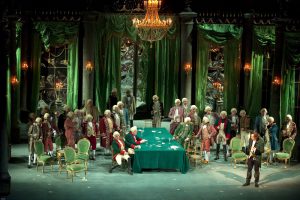
Tchaikovsky’s great work became a new word in the development of entire Russian opera of the 19th century.
None of the Russian composers, except Mussorgsky, managed to achieve such an irresistible force of dramatic impact and depth of penetration into the most hidden corners of the human soul, to reveal the complex world of the subconscious, which unconsciously moves our actions and deeds.
To this day, The Queen of Spades remains one of the unsurpassed peaks of the classical opera heritage.
“I do not know whether I write well or poorly, but one thing is certain: everything what I write comes undeniably from my internal conviction.” (P. Tchaikovsky)



